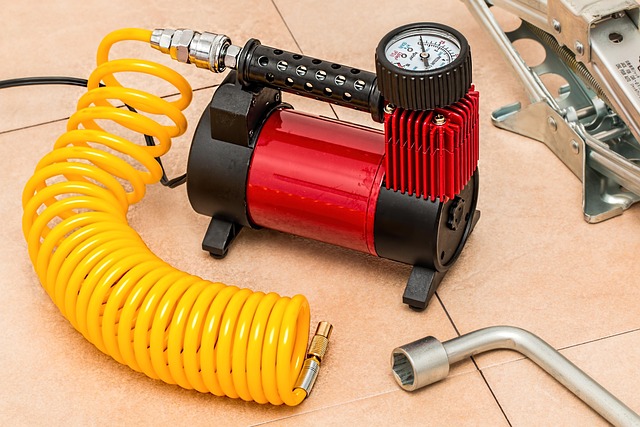What to Check Before Towing a Trailer in Melbourne
Towing a trailer in Melbourne comes with unique challenges: peak-hour traffic, variable weather, and strict VicRoads regulations. This 5-point checklist helps you cover every safety and legal requirement before you leave the depot or your driveway.

1. Tow Ball Compatibility & Torque
Verify your tow ball is the standard 50 mm size and rated for your trailer’s ATM (Aggregate Trailer Mass). Use a calibrated torque wrench—40–60 Nm is typical—to secure the ball. A loose or incorrect tow ball causes up to 30% of detachments in Victoria.
2. Electrical Connections & Lighting
Test your 7-pin flat connector: indicators, brake lights, reverse lights. Spray dielectric grease into the socket to repel moisture. Melbourne’s evening downpours can corrode contacts overnight, leaving you blind to following traffic.
3. Load Distribution & Anti-Sway
Position roughly 60% of cargo weight forward of the axle. Use ratchet straps (minimum 2 tonne rating) and cross-strap heavy items to prevent lateral shift. Incorrect balance leads to fishtailing on roads like the West Gate Bridge.
4. Tyre Pressure & Condition
Inflate tyres cold to the ATM-specified PSI, then inspect for sidewall cracks or embedded debris. Underinflated tyres increase rolling resistance by up to 25%, risk blowouts, and harm your fuel economy on long runs to Geelong or Eastern suburbs.
5. Safety Chains & Breakaway System
Crossover safety chains beneath the tongue and a functional breakaway switch are mandatory under Victorian law. Test the breakaway by pulling the cable: the trailer brakes should lock immediately.
Ready to roll? Always complete a final 360° walk-around. If you need a refresher on payload rules, see our Common Trailer Problems guide.